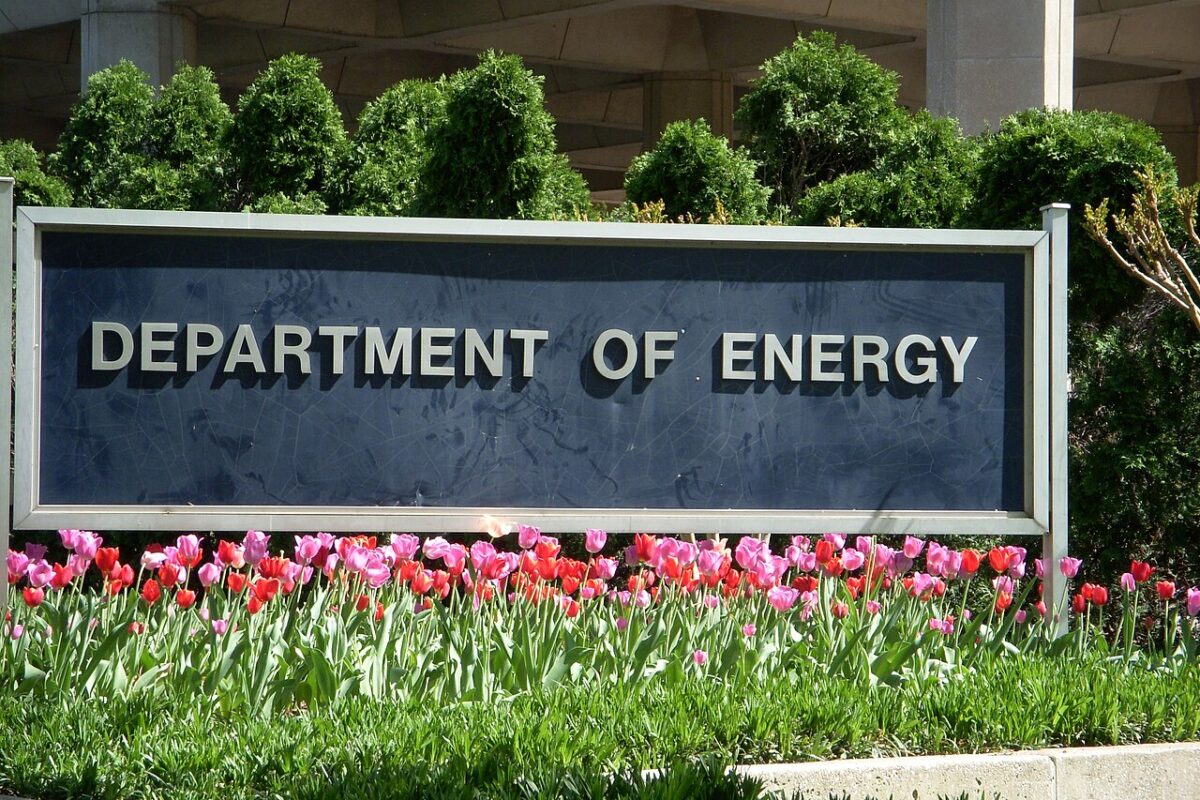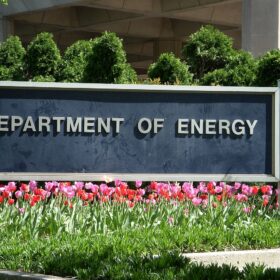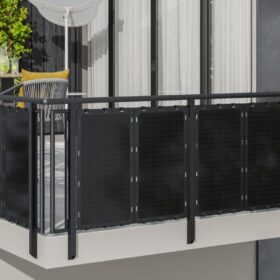The American Council on Renewable Energy (ACORE) released a report today that indicates that the Commerce investigation presented serious challenges to the US solar industry that would have ultimately derailed progress on climate goals. The report, Expectations for Renewable Energy Finance in 2022-2025, presents the results of surveys that were conducted with financial institutions and renewable energy development companies both before and after the Department of Commerce initiated its solar tariff inquiry.
In the first round of survey results, respondents had a positive outlook on the growth of the US renewable energy sector despite uncertainty caused by supply chain delays, lengthy interconnection wait times, and unresolved legislation. Since the announcement of potential tariffs, investors and developers said they were less optimistic and that they anticipated pulling back on solar investment. The report indicates that investor companies representing $100 million or more of annual renewable energy investment estimate that 71% of their US solar investments, on average, are “at risk” due to the Commerce inquiry. Developers who developed 100 MW to 1 GW of solar installations over the past three years report, on average, that the Commerce investigation put 86% of their planned solar installations are “at risk”.
“It’s deeply troubling to see how confidence in the renewable energy sector, which was at an all-time high last year, has been undermined by the destructive tariff inquiry at the US Department of Commerce,” said Gregory Wetstone, ACORE president and CEO. “Every day this baseless inquiry drags on, we lose precious time that we do not have in our efforts to achieve America’s clean energy goals and combat the climate crisis.”
In a quick turn of events, pv magazine USA reported yesterday that the White House is preparing to pause the tariff investigation with a 24-month tariff exemption on solar modules manufactured in Cambodia, Malaysia, Thailand and Vietnam. pv magazine USA will continue to track how this will pay out among investors and developers.
After the announcement of the pausing of the investigation, Wetstone stated that the solar industry “can finally get back to work driving economic growth, reducing electricity costs and lowering greenhouse gas emissions” He thanked the President and his staff for “the vitally important relief he has provided for the nation’s solar sector,” adding that “Now that we have a reprieve from the destructive impacts of the Commerce inquiry, we look forward to working with the administration and our allies in Congress to secure the enactment of policies that strengthen our domestic supply chain, such as the clean energy tax package currently being negotiated that provides advanced manufacturing tax credits and long-term tax incentives for renewable power.”
The ACORE report looked back as well as forward, tracking progress on the $1T 2030: American Renewable Investment Goal, an initiative ACORE launched in 2018 to help secure $1 trillion in private sector investment in renewable energy and enabling grid technologies by 2030. One trillion dollars of investment over 2018 to 2030 would represent more than double the historic annual investment in the US renewable sector in the years before the campaign launch and help put the United States on a trajectory toward meeting the Biden Administration’s goal of a carbon-free grid by 2035.
The ACORE analysis finds the United States attracted $228.3 billion in renewable energy, grid-enabling technology and transmission for renewable integration investment since the launch of the campaign in 2018, represents 23% of the $1 trillion campaign objective. To achieve the goals, annual investment will need to increase 65% over 2021 levels to $96 billion through 2029.
Prior to the Commerce inquiry, 92% of surveyed investors perceived the United States as an attractive venue for renewable energy investment compared to other leading countries. More than three-quarters of investors said they expected the attractiveness of renewable energy to increase compared to other asset classes in their portfolios in 2022 to 25.
This content is protected by copyright and may not be reused. If you want to cooperate with us and would like to reuse some of our content, please contact: editors@pv-magazine.com.









Thank goodness Biden won the election. Otherwise, this executive order would never have happened and the tariffs would probably continue and maybe even be increased.
Good news for the supply side of the equation but utilities are pushing back on solar by demanding a bigger piece of the pie. Forcing homeowners to pay the utility a monthly fee almost as big as their regular utility bill in order to connect their rooftop solar panel system to the grid and not paying but 3 cents for the electricity that the homeowner gives to the grid as excess power on sunny days. The threatened CPUC NEM-3.0 in California will kill all rooftop solar in the nation’s biggest solar friendly state. The industry can have all the inexpensive panels they want but if nobody is buying them because it would just make their utility bill higher to install them, what can they do?
What can they do? Put in a system that only uses utility power when there isn’t enough sunshine and when their batteries are depleted, if they installed batteries. Don’t try to sell any power back to the grid and therefore, there’s no need to deal with their dirty tactics.